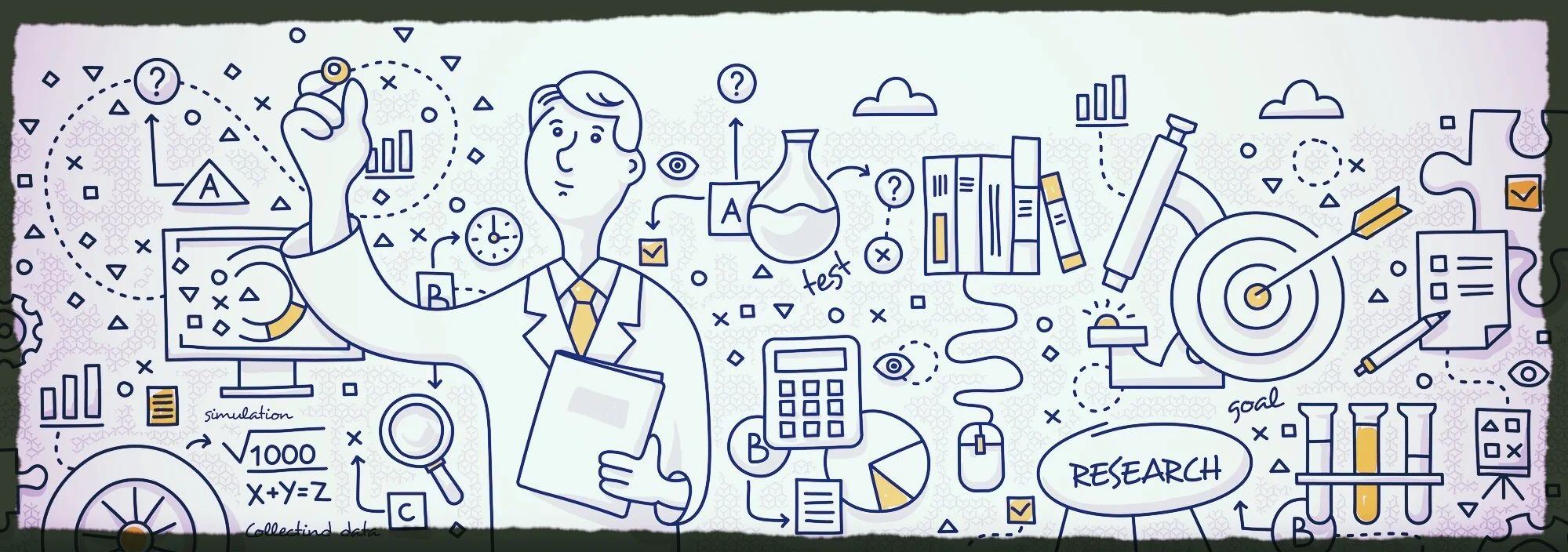Over the past few decades, powerful AI systems have matched or surpassed human levels of performance in a number of tasks such as image and speech recognition, skin cancer classification, breast cancer detection, and highly complex games like Go. These AI breakthroughs have been based on increasingly powerful and inexpensive computing technologies, innovative deep learning (DL) algorithms, and huge amounts of data on almost any subject. More recently, the advent of large language models (LLMs) is taking AI to the next level. And, for many technologists like me, LLMs and their associated chatbots have introduced us to the fascinating world of human language and cognition.
Read MoreOver the past decade, powerful AI systems have matched or surpassed human levels of performance in a number of specific tasks such as image and speech recognition, skin cancer classification and breast cancer detection, and highly complex games like Go. These AI breakthroughs have been based on deep learning (DL), a technique loosely based on the network structure of neurons in the human brain that now dominates the field. DL systems acquire knowledge by being trained with millions to billions of texts, images and other data instead of being explicitly programmed.
Read MoreArtificial intelligence has emerged as the defining technology of our era, as transformative over time as the steam engine, electricity, computers, and the Internet. AI technologies are approaching or surpassing human levels of performance in vision, speech recognition, language translation, and other human domains. Machine learning (ML) advances, like deep learning, have played a central role in AI’s recent achievements, giving computers the ability to be trained by ingesting and analyzing large amounts of data instead of being explicitly programmed.
Read MoreIt's an AutoML World. The world of AutoML has been proliferating over the past few years - and with a recession looming, the notion of automating the development of AI and Machine Learning is bound to become even more appealing. New platforms are available with increased capabilities and more automation. The advent of AI-powered Feature Engineering - which allows users to discover and create features for data science processing automatically - is enabling a whole new approach to data science that, seemingly, threatens the role of the data scientist. Should data scientists be concerned about these developments? What is the role of the data scientist in an automated process? How do organizations evolve because of this new-found automation?
Read MoreOn August 20, 2020, The Responsible Innovation Project, held an academic and industry roundtable on Responsible AI, raising the question: Can AI really be responsible? The goal was to arrive at a collective understanding of the challenges and strategies for building AI responsibly. The participatory roundtable included multi-disciplinary academic and industry leaders, practitioners, and researchers working on technology and AI or at the intersection of technology, policy, and humanities. The diverse group converged on one meta-theme: The need and desire to put society and people front and center of Technology and AI. And the struggle to figure out how.
As states, counties, and cities around the country struggle to find ways to combat COVID, a holistic approach is required to ensure that all communities are being properly monitored for the spread of the disease and that data that is being used to inform public policy is timely, relevant and maintains the privacy of people. This article details how Data Science, Education, and extreme collaboration should be used together as part of this holistic approach to create better and more trusted public policy for all.
Read MoreMany enterprises, vendors, and startups often confuse the role of data scientist and data engineers. While the overlap of these roles is substantial they’re not particularly interchangeable.
Read More






